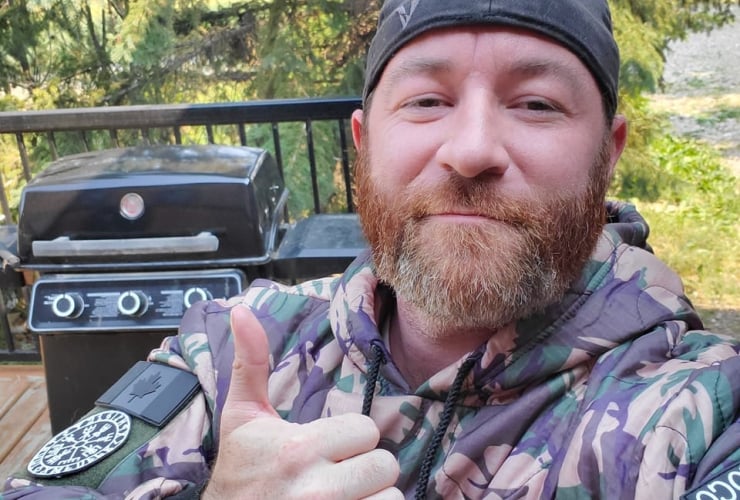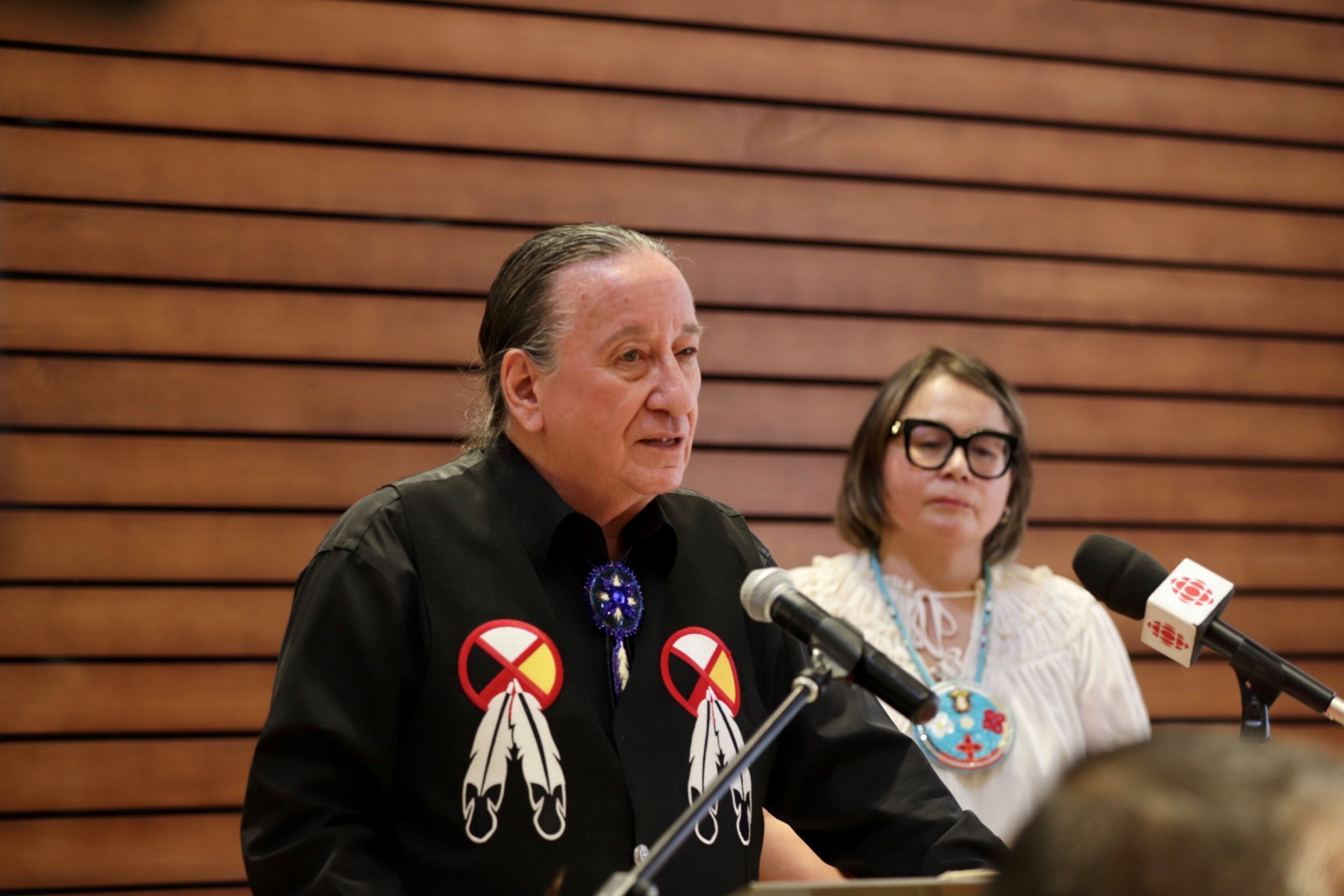‘To get up our being’: New College of Ottawa program seeks to revitalize Indigenous regulation

Lengthy earlier than settlers stepped foot in North America, Turtle Island was ruled by what Indigenous Peoples generally known as sacred or pure regulation.
The phrases are derived from the legal guidelines given by the Creator (sacred regulation) or legal guidelines that emerge from the character of human beings and their relations, together with animals and vegetation (pure regulation).
These differ from civil regulation, which originated in Europe and is predicated on 1000’s of years of authorized theories, concepts and methods, and customary regulation, which has similarities however derives from precedent instances.
Indigenous regulation is prescribed to “join with the Creator: your thoughts, your coronary heart, the Earth,” stated Eva Ottawa, a civil regulation professor on the College of Ottawa and member of communauté Atikamekw de Manawan. She is the initiator of the primary French-language Indigenous Legislation certificates, a program that can empower Indigenous college students to know and make their authorized traditions their very own.
“We’d like this to get up our being,” Ottawa says.
A ceremony was held on Aug. 17 that included track, prayer and speeches from college representatives, federal Justice Minister David Lametti and First Nations leaders.
Justice Canada supplied $595,565 of funding over three years to the College of Ottawa for the certificates.
What persons are studying

The initiative aligns with the Fact and Reconciliation Fee’s Name to Motion 50, which calls on the federal authorities to help and promote Indigenous legal guidelines.
This system may also search to bridge variations in colonial and Indigenous regulation.
The regulation certificates will incorporate Indigenous methods of figuring out whereas studying mainstream regulation, says Gilbert Whiteduck, the college’s Elder-in-Residence and a scholar throughout the certificates’s first cohort.
The initiative aligns with the Fact and Reconciliation Fee’s Name to Motion 50, which calls on the federal authorities to help and promote Indigenous legal guidelines.

“What we’ll be doing is what’s sacred regulation, what’s pure regulation, from an Indigenous perspective, and what does Canadian regulation say about that?” Whiteduck informed Canada’s Nationwide Observer.
“As a result of we consider we at all times had legal guidelines; that’s how we survived.”
This system is simply getting began, Whiteduck says. Elders will probably be consulted, and every member of the cohort will convey particular views from their dwelling nations and life experiences.
There’s a starvation for extra Indigenous regulation amongst each Whiteduck and Elder Claudette Commanda, College of Ottawa’s chancellor.
For Whiteduck, there’s a hope this certificates will result in a bachelor’s of Indigenous regulation, which at the moment doesn’t exist anyplace on this planet.
For Commanda, she hopes the certificates’s momentum can create a compulsory dimension for all regulation college students on the College of Ottawa.
It’s important for all future attorneys to have an understanding of colonization, ancestral information of regulation and key authorized paperwork, like treaty rights and the Indian Act, she says.
“It has to change into obligatory as a result of these regulation college students will change into attorneys and they are going to be coping with First Nation points,” she says. “They may not be representing First Nation shoppers, however they are going to be making legal guidelines and altering legal guidelines.”
This system emerges at a time when reclamation work has change into of central significance following the TRC’s calls to motion on reconciliation. It’s work that Meeting of First Nations Regional Chief for Quebec and Labrador Ghislain Picard celebrates whereas remembering the previous.
“What I’ve been witnessing and listening to in assembly with our peoples is the sense that id is changing into much more necessary, particularly for our younger folks,” Picard informed Canada’s Nationwide Observer.
“There’s a way that we have to discover a approach to transfer ahead,” he continues. “It’s about empowerment, however we can’t underestimate the injury performed to our peoples.”
Picard is referencing centuries of colonial oppression. Residential faculties and unmarked graves are examples of how Canada had Indigenous Peoples on their knees, he says.
There was a narrative Picard heard years in the past that stayed with him; it was about how Indigenous Peoples must hit all-time low earlier than rising up once more.
That second is now, Picard says.
“Our peoples have misplaced a lot, however we haven’t misplaced every little thing.”
Matteo Cimellaro / Native Journalism Initiative / Canada’s Nationwide Observer


